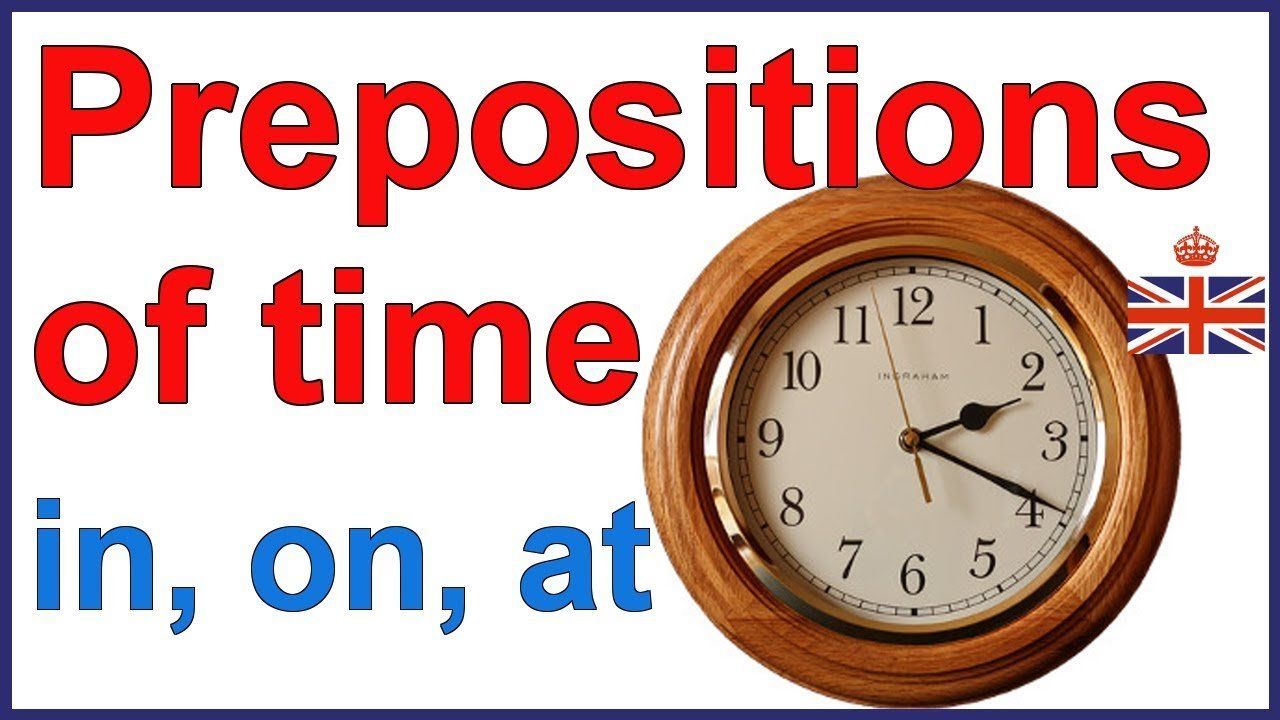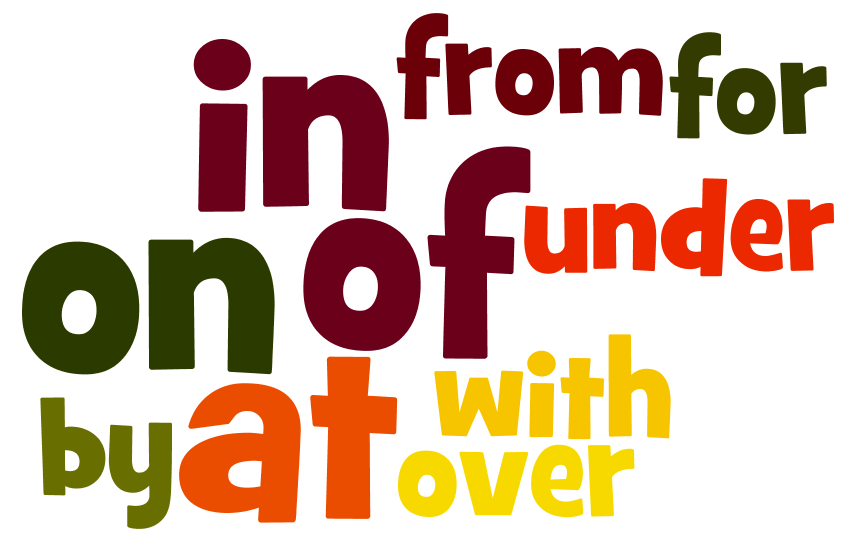PREPOSITION OF TIME
PREPOSITION OF TIME

Prepositions need to be learnt in context with the other words that they’re used with. Trying to understand why we say “in the car” and “on the bus” will only end in tears and frustrations!
By learning the
phrase “in the car” together, all together, will make it easier to
remember it and also to get it right every time.
AT
Use “at” for very specific times. Clock times for example.
The train arrives at
3:30.
The game will start at
5:30.
I’ll be there at noon or at
dawn
All of these words refer to specific time but we can also use “at” with other specific times of the day, like:
Kofi doesn’t like eating at
night.
I’m going shopping at
lunchtime
Let’s talk about the weeding at
dinner tonight.
NB: We also say AT the moment, AT night.
IN
This preposition of time is used to discuss months, seasons, years,
centuries, general times of day, and longer periods of time such as “in
the past.”
He’ll visit my brother in October.
He grew up in Cotonou
NB: We say In the morning , in the afternoon , in the evening BUT at night .
We can also use “in” to explain when something will happen in the future.
I’ll be done in
five minutes.
He’s gone away but he’ll be back in
a week
You can move out in
twenty days.
ON
In English we can use this preposition for specific descriptions of time. Most commonly with days of the week and parts of the week.
We are having an exam on
Monday morning.
My birthday is on
the 11th of December
We're coming to your house on
Christmas day.
NB: When you’re talking about festivals and about special periods of time, you can use “ at ”.
Are you going home at Christmas?
So that’s talking about the time around Christmas NOT Christmas day.
If you’re referring to the specific day, you need to use “on”.
On
Christmas Day.
On
New Year’s Eve.
What are you doing on
New Year’s Day?
What are you doing at
New Year’s?
When you use at
New Year's, you're referring to the period of time around the New Year holiday.
On the weekend: is more common in American English
At the weekend: is more common in British English.
BY
You can use “by” with the end time of an activity.It means no later than. So when you use "by" with a specific time, it can mean on or before that time.
- “At” is generally used in reference to specific times on the clock or points of time in the day.
- “In” generally refers to longer periods of time.
- “On” is used with dates and named days.
- “By” is used with times and named days of the week, but specifically, telling us an end time.




